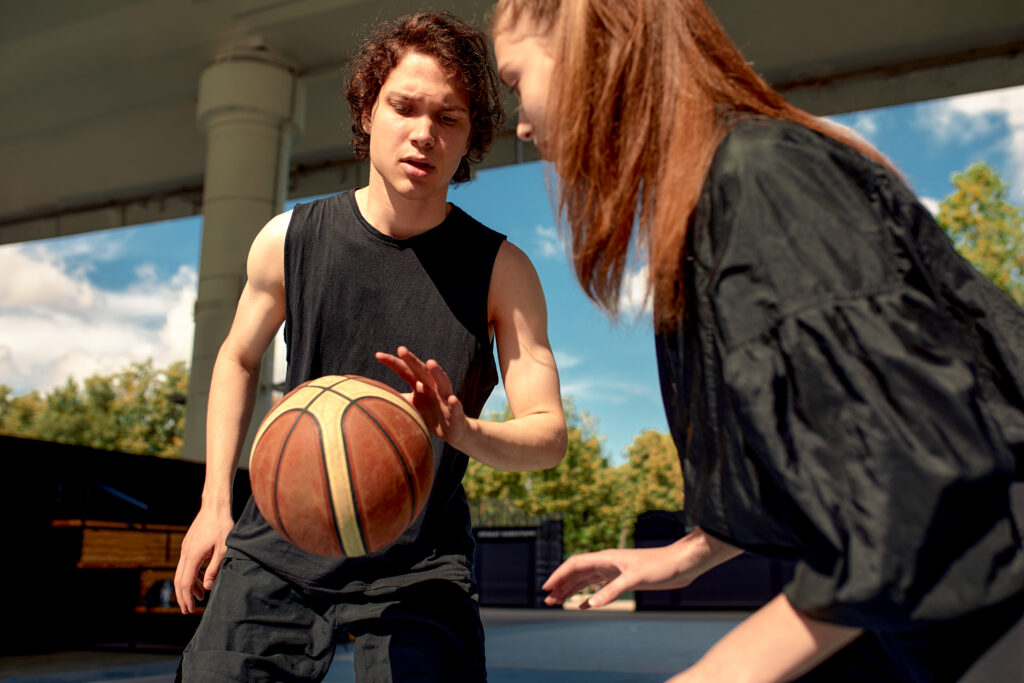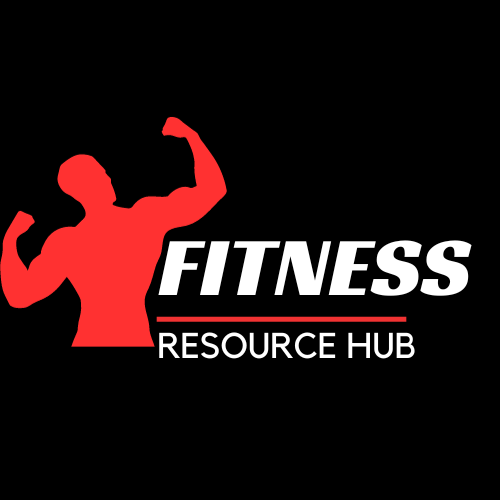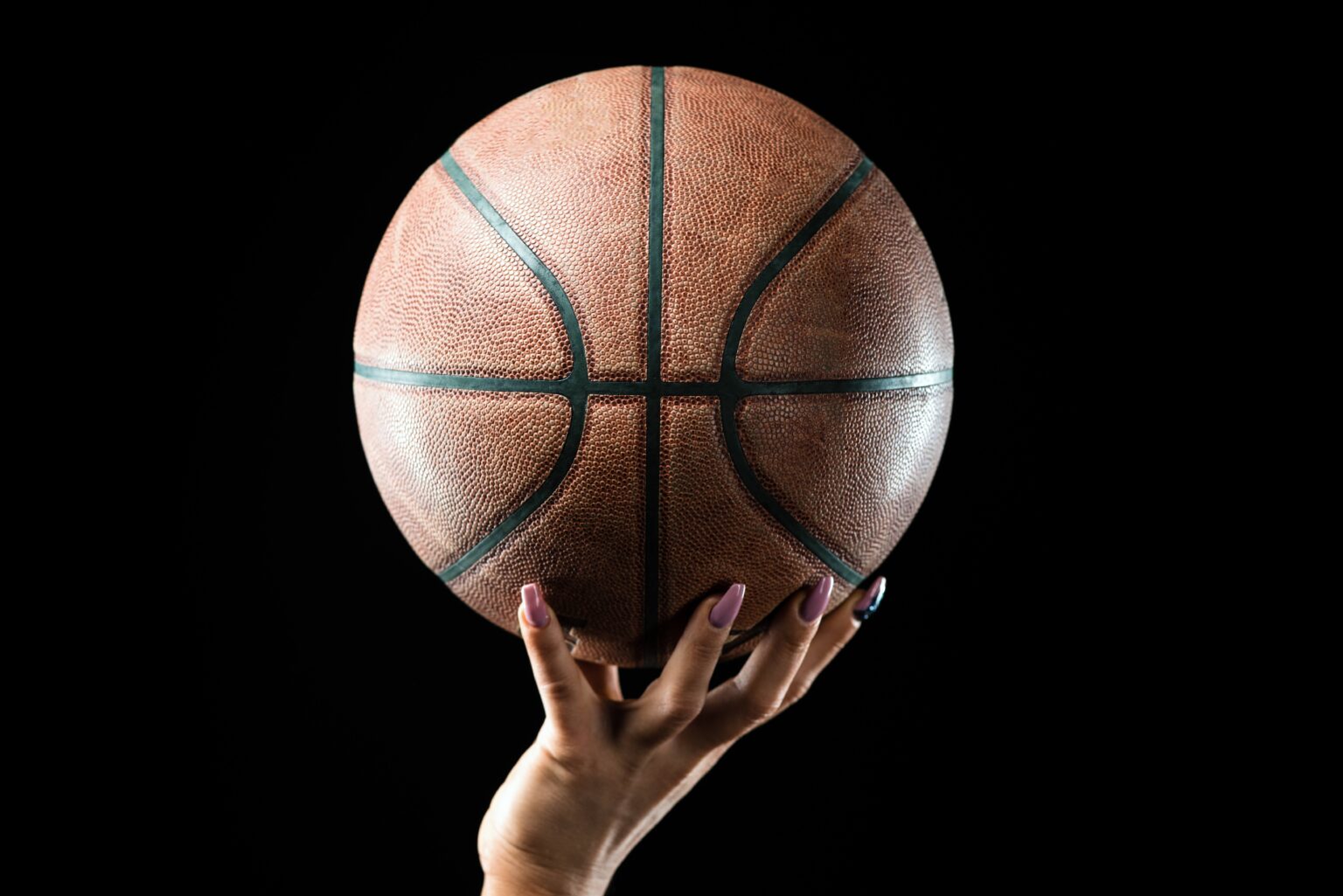Basketball is a thrilling sport that demands a unique blend of physical ability, strategic thinking, and mental resilience. Achieving professional status in basketball isn’t just about natural talent; it involves dedication, disciplined practice, and a well-thought-out approach to improvement and career progression. Here’s a comprehensive, humanized guide on how to become a professional basketball player.

1.Master the Basics and Develop Your Skills
Every journey starts with mastering the basics. For basketball, this means getting a solid grip on the essential skills: dribbling, shooting, passing, and defense.
Dribbling: Start with basic dribbling exercises, making sure you can control the ball with both hands. Over time, add more complex techniques like crossovers, behind the back, and between the legs dribbles.
Shooting: Develop a consistent shooting form. Practice various shots, including layups, free throws, mid-range jumpers, and three-pointers. Focus on your shooting mechanics – your stance, grip, release, and follow-through are all crucial.
Passing: Learn different passing techniques – chest passes, bounce passes, overhead passes, and even behind-the-back passes. Practice delivering the ball quickly and accurately, even under pressure.
Defense: Work on your defensive stance, footwork, and ability to anticipate your opponent’s moves. Develop skills in man-to-man defense, zone defense, and help defense.
2. Get in Top Physical Shape
Basketball is a physically demanding activity that calls for a great degree of strength, flexibility, agility, and endurance.
Endurance: To increase stamina, run, cycle, or swim. These are cardiovascular workouts. Enhancing on-court endurance can be especially beneficial with interval training.
Strength Training: Use weight training to strengthen your muscles, paying particular attention to your upper and lower body. It’s important to perform exercises like deadlifts, bench presses, lunges, and squats.
Agility and Speed: To improve your speed and capacity for quick direction changes, try agility workouts like ladder drills, cone drills, and sprints.
Flexibility: To keep your flexibility and avoid injuries, stretch often. Use Pilates or yoga to enhance your general balance and control of your body.
3. Cultivate a Strong Mental Game
Basketball is a cerebral sport as much as a physical one. Overcoming obstacles and maintaining focus on your objectives need having a strong, resilient attitude.
Focus & Concentration: To enhance your focus throughout training and sports, engage in mindfulness and meditation practices. You may also use visualization methods to assist yourself psychologically get ready for various game scenarios.
Resilience and Perseverance: Recognise that obstacles are inevitable on the path. Keep up your efforts and continue to learn from your failures.
Confidence: Establish and accomplish tiny, gradual goals as well as engage in constructive
Self-talk to boost your confidence. You’ll perform better on the court if you have confidence in your skills.
Adaptability: Keep an open mind and be prepared to modify your approach. Coaches and seasoned athletes can offer insightful advice that can help you advance
4. Play Competitively
Playing in competitive settings is essential to test and refine your skills. Join local leagues, school teams, and AAU (Amateur Athletic Union) teams to gain experience against a variety of opponents.
High School Basketball: This is often the first step in getting noticed by scouts. Excel in your high school team and participate in state championships.
AAU Basketball: AAU provides a higher level of competition and exposure. Many college scouts attend AAU tournaments to identify promising talent.
Camps and Showcases: Attend basketball camps and showcases where you can receive coaching from professionals and get scouted by college coaches
5. Get Noticed by Scouts
Scouts must take notice of you in order for you to become a professional. Usually, this means playing basketball at a high school and collegiate level.
High school achievement: compete successfully in interscholastic competitions. Keeping up your grades is also crucial since it improves your chances of being awarded a scholarship to a respectable university.
College Basketball: You get a lot of exposure when you play for a college team. Joining a Division I institution will provide you the best opportunity to be scouted by NBA clubs and the most competitive environment.
Networking: Establish connections with players, scouts, and coaches. Opportunities and doors that would not otherwise be available can be found through networking
6. Navigate the Recruitment Process
The recruitment process can be complex and competitive. Here’s how to navigate it effectively:
Highlight Reels: Create and distribute highlight reels showcasing your best performances. This is especially important for getting the attention of college and professional scouts.
Recruiting Services: Consider using recruiting services that can help connect you with college coaches and scouts.
Stay Informed: Keep abreast of NCAA regulations and ensure you meet all academic and athletic eligibility requirements
7. Secure a College Scholarship
Securing a college scholarship can be a significant step toward a professional career.
Performance: Maintain a high level of performance in both high school and AAU competitions.
Academics: Keep your grades up to meet the academic standards required for college scholarships.
Exposure: Attend camps, showcases, and tournaments where college scouts are present. Make sure they have access to your highlight reels and statistics.
8. Explore Professional Pathways
There are several methods to pursue a career in basketball as a professional:
NBA Draft: The most direct path is through the NBA draft. International players, college players, and other athletes can sign up for the draft. NBA draft selection is extremely tough and usually demands exceptional collegiate achievement.
International Leagues: Participating in international leagues may be a good alternative. Competitive leagues in nations like Australia, China, Italy, Spain, and China can provide stepping stones to the NBA.
NBA G League: Players may hone their craft and get recognition from NBA teams by participating in this developing league
9. Stay Dedicated and Keep Improving
The journey of progress doesn’t end once you become a professional. Here’s how to keep growing even after you’ve reached the pro level:
Keep Training: Never stop working on your skills. Continue to train hard, focusing on improving your weaknesses and refining your strengths. Regular practice is key to staying at the top of your game.
Stay Healthy: Your physical and mental well-being are crucial. Maintain a balanced diet, stick to a consistent exercise routine, and ensure you’re getting enough sleep. This helps keep your body and mind in peak condition.
Embrace Change: Basketball is always evolving. Stay updated on the latest strategies, techniques, and trends in the sport. Be open to learning and adapting to new styles of play to stay ahead of the competition
10. Build a Strong Support System
Having a strong support system is invaluable.
Family and Friends: Surround yourself with supportive family and friends who encourage and motivate you.
Coaches and Mentors: Seek guidance from experienced coaches and mentors who can provide advice and insights based on their own experiences.
Teammates: Build strong relationships with your teammates. Basketball is a team sport, and having a good rapport with your teammates can significantly enhance your performance
Conclusion
Being a professional basketball player is a difficult but worthwhile path. It takes a blend of innate ability, diligence, forethought, and a resilient attitude. Your odds of fulfilling your ambition of playing professional basketball can be raised by perfecting the fundamentals, staying in top physical shape, developing mental fortitude, and learning how to survive the competitive environment.
FAQs
Q1: How long does it take to become a professional basketball player?
A: It varies, but it often takes many years of dedicated practice, starting from a young age through high school and college.
Q2: Do I need to go to college to become a professional basketball player?
A: While many pros come from college programs, it’s not mandatory; some players go pro directly from high school or play in international leagues.
Q3: What should I focus on more: physical training or skill development?
A: Both are crucial. Physical training builds endurance and strength, while skill development hones your game techniques.
Q4: How important is networking in basketball?
A: Very important. Building relationships with coaches, scouts, and other players can open doors and provide opportunities

